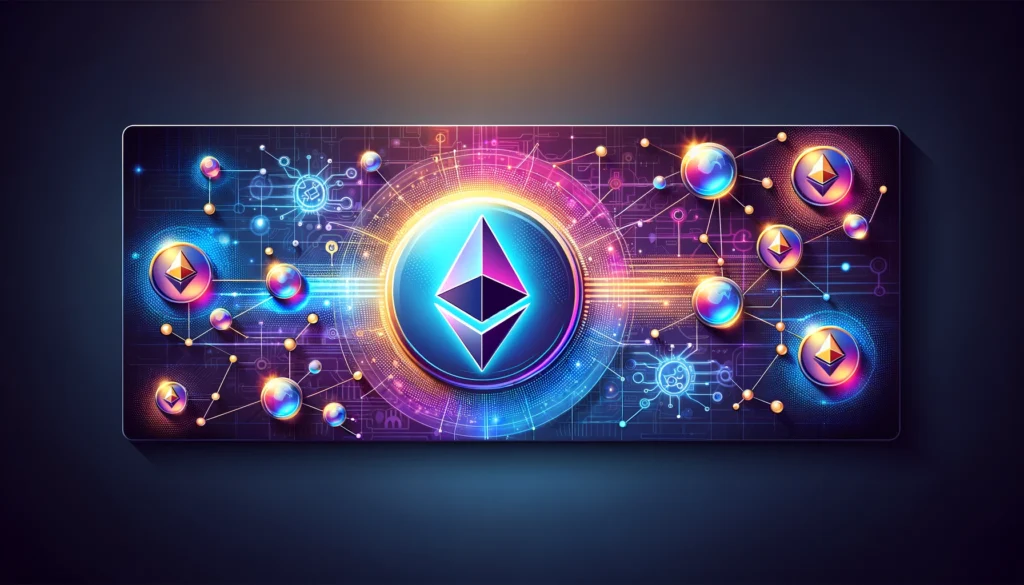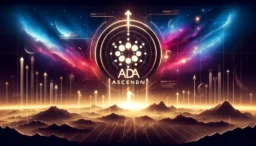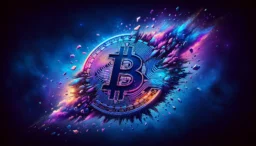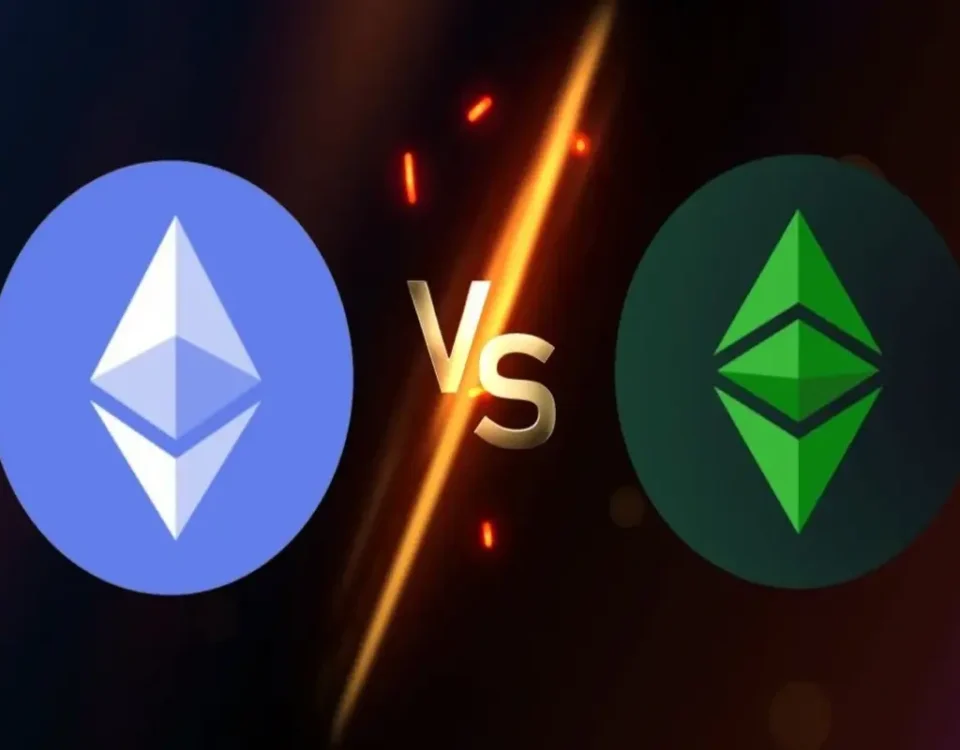
Robert Kennedy Jr at Consensus 2024: Championing Crypto for Freedom and Transparency
01/06/2024
China and UAE Pledge Joint Efforts to Combat Cryptocurrency-Related Crimes
03/06/2024Ark Invest Withdraws from Ether ETF Race, 21Shares Presses On with Rebranded Fund
Cathie Wood’s Ark Investment Management has made a strategic decision to withdraw from the competition to launch a spot Ether exchange-traded fund (ETF). The firm’s name has been removed from the application initially filed in collaboration with 21Shares.

21Shares Rebrands Ethereum Spot ETF
21Shares has now submitted an updated application for its Ethereum spot ETF, which has been rebranded from the Ark 21Shares Ethereum ETF to the 21Shares Core Ethereum ETF. This rebranding signifies 21Shares’ continued commitment to bringing an Ether ETF to the market independently.
Despite this change, there are no alterations to the fees associated with the ETF. A representative from Ark Invest highlighted that while they recognize Ethereum’s potential and long-term value, they have decided to step back and reassess their investment strategy concerning an Ether ETF.
Continued Collaboration on Other Projects
Importantly, this decision does not impact the ongoing collaboration between 21Shares and Ark Invest on other initiatives, such as the ARK 21Shares Bitcoin ETF, which launched in January. This Bitcoin ETF, with $3.2 billion in assets, ranks fourth among similar products in the U.S., trailing behind BlackRock Inc.’s leading $19 billion iShares Bitcoin Trust (IBIT).
Key Roles in the Partnership
In their partnership, 21Shares has been responsible for sponsoring the ETF, while Delaware Trust Company has acted as the trustee. The underlying Ether assets are securely held by Coinbase Custody Trust Company, and ARK Investment Management has served as a sub-adviser, focusing on marketing the shares to investors.
SEC Approval and Future Prospects
Last week, the U.S. Securities and Exchange Commission (SEC) approved 19b-4 forms for eight Ethereum ETFs. However, issuers still need their S-1 statements to become effective before trading can commence.
21Shares expressed enthusiasm about the SEC’s recent approvals, stating, “We are enthusiastic about the SEC’s recent 19b-4 approval and are committed to increasing access to crypto as an asset class for U.S. investors.”
Conclusion
Ark Invest’s withdrawal from the Ether ETF race highlights its strategic shift, while 21Shares remains steadfast in its efforts to bring the Ethereum spot ETF to market. This development underscores the dynamic nature of the cryptocurrency ETF landscape and the ongoing efforts by financial institutions to innovate and adapt in the growing digital asset space. As the market evolves, these moves will be closely watched by investors and industry observers alike.
Links:
Bitcoin
Learn Cryptocurrency
Ethereum
-

What is Blockchain
-

“Exploring Cardano (ADA): A Comprehensive Guide to One of the Leading Cryptocurrencies”
-

Cardano Founder: Crypto Industry Has Outgrown Bitcoin
-

Telegram ‘Mini Apps’ Skyrocket with Web3 Games Adding Millions of Users Daily



